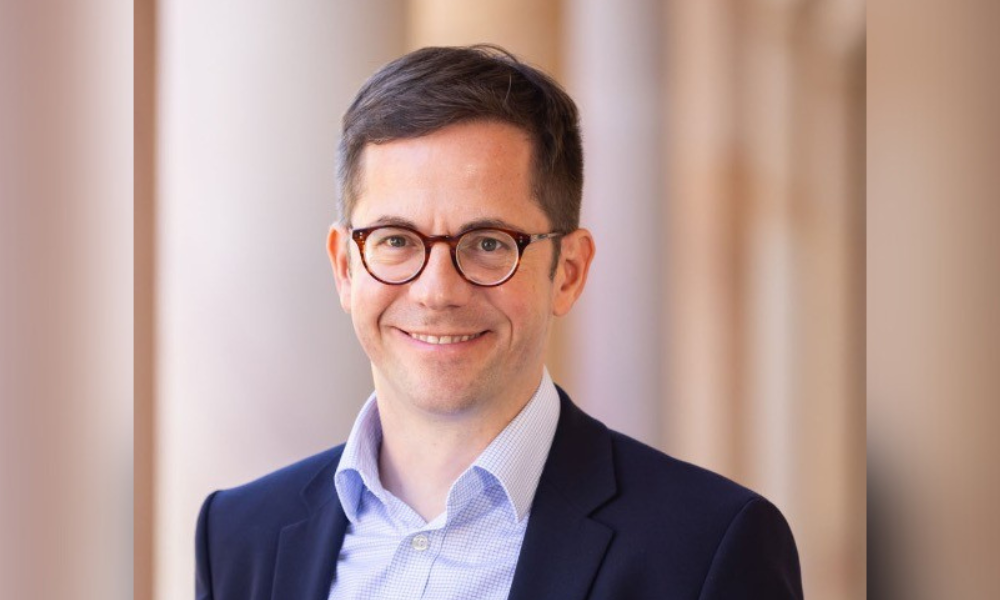
The rise of AI highlights importance of working smarter, not harder, according to a leading academic

The rise of artificial intelligence (AI) in the workplace has reignited an age-old debate: are we working smarter, or just harder?
As digital tools evolve and become integral to daily workflows, both could be true with the creation of what Microsoft has dubbed the “infinite workday”—an always-on culture where the lines between professional and personal life are increasingly blurred.
From checking emails before sunrise to reviewing documents long past dinner, the expectation—or compulsion—to stay connected could contribute to burnout.
Stats from the tech giant show that 40% of people who are online at 6am are reviewing emails for the day’s priorities, with most workers receiving nearly 120 emails a day – which are skimmed in under 60 seconds.
Working, Microsoft say, continues as late as 10pm with one in three saying the pace of work in the past five years makes it impossible to keep up.
According to Christoph Breidbach (pictured above), associate professor of business information systems at the University of Queensland Business School, AI puts the power back into the hands of employees and leaders to focus on “what really matters – not managing emails, schedules.”
"The real benefit, in my view, is not that people are not being paid for the work that they're doing, but they can work more efficiently and then focus their time on more value-generating tasks that they perhaps wouldn't have been able to do otherwise,” he told HRD.
“You're able to fragment your work day that suits you, instead of feeling like you have to do everything yourself... it’s allowing AI to do all of the groundwork and all of the boring stuff that allows you to do that."
Breidbach also emphasised the power of using AI to ensure important key relationships are maintained – with skills such as critical thinking being more pivotal in the workplace than ever before.
“Even within the role of universities, we’re seeing things change with AI. I believe we will see, in the future, a focus back onto how we can facilitate people think – how can we get these tools to be used in a way that benefits them. This will be the same in workplaces.”
“What we need to actually develop here are not so much the technology skills anymore, but the human skills,” he said.
While AI is often perceived as a driver of this overextension of work, experts suggest it might be the remedy.
“AI isn’t the reason people are working longer hours—it can be the solution,” Breidbach outlined.
“If used correctly, AI enables employees to complete tasks more efficiently, freeing them up to focus on meaningful, human-centred work.”
The problem of overwork, Breidbach outlined, isn’t new. It dates to the 2010s with the mainstream adoption of smartphones. As email and instant messaging became mobile, work ceased to be confined to office hours.
“All you had to do was pick up your phone and you could write an email, check a message, review documents,” Breidbach emphasised.
Yet legislative frameworks in some regions have taken note – both in the European Union and here in Australia.
“Several countries have enacted the ‘right to disconnect’, meaning employees can legally ignore after-hours communication without penalty,” he explained. “It’s a cultural shift that recognises the human need for rest and boundaries.”
Another benefit, Breidbach concluded, was that key problems that overworking can cause from an administrative level will be resolved – such as paying staff for overtime.
“What you're actually doing is not necessarily reimbursing those people for working potentially 10, 11, 12, 13 hours in a day...That can be a problem, even if they're just checking their phone for updates every now and then."
"AI can help people work smarter—not longer, Breidbach emphasised, "That’s going to take a lot of the administrative burden away and ensure workers are more engaged, empowered,” he said.